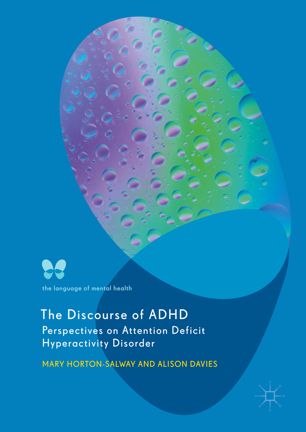

Most ebook files are in PDF format, so you can easily read them using various software such as Foxit Reader or directly on the Google Chrome browser.
Some ebook files are released by publishers in other formats such as .awz, .mobi, .epub, .fb2, etc. You may need to install specific software to read these formats on mobile/PC, such as Calibre.
Please read the tutorial at this link: https://ebookbell.com/faq
We offer FREE conversion to the popular formats you request; however, this may take some time. Therefore, right after payment, please email us, and we will try to provide the service as quickly as possible.
For some exceptional file formats or broken links (if any), please refrain from opening any disputes. Instead, email us first, and we will try to assist within a maximum of 6 hours.
EbookBell Team

0.0
0 reviewsThis book explores the discourse of attention deficit hyperactivity disorder (ADHD), one of the most debated mental health categories attributed to children and adults across the globe. The authors trace the origins, development and representation of ADHD to demonstrate how the category is produced through competing explanatory theories and processes of scientific, professional and lay discourse. Starting with the idea that medical categories are as much a product of cultural meaning, social processes and models of medicine as they are of scientific fact, this book utilises a range of perspectives from within critical discursive psychology to approach this topic. The authors discuss historical construction, media representation, parents’ accounts of family life, and the personal experience of children and adults to demonstrate how the construction of social identity and cultural stereotypes are embedded in the meaning of ADHD. They explore the origins of ADHD and how biological and psychosocial explanations of the mental health category have been produced, circulated, debated and resisted within a culture of ‘Othering’, and the discourse of blame.